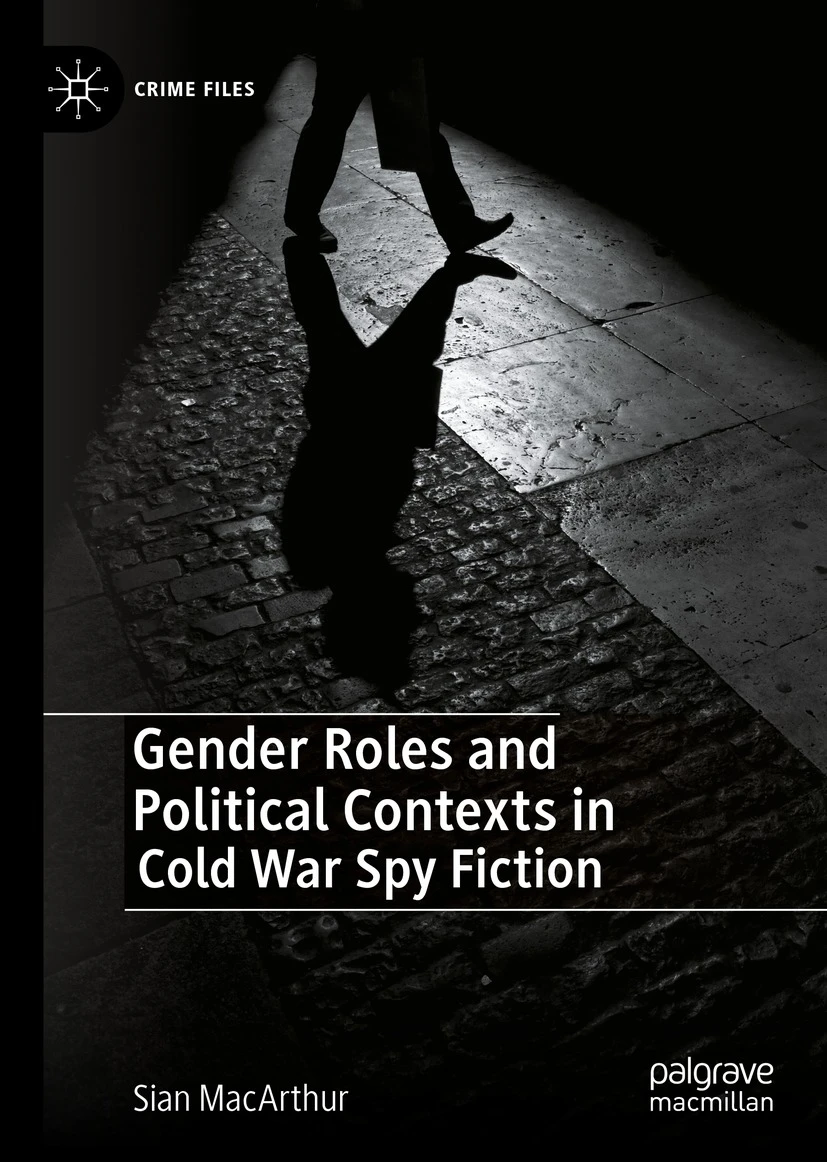Language and characterisation in television series
 This book explores how language is used to create characters in fictional television series. To do so, it draws on multiple case studies from the United States and Australia. Brought together in this book for the first time, these case studies constitute more than the sum of their parts. They highlight different aspects of televisual characterisation and showcase the use of different data, methods, and approaches in its analysis. Uniquely, the book takes a mixed-method approach and will thus not only appeal to corpus linguists but also researchers in sociolinguistics, stylistics, and pragmatics. All corpus linguistic techniques are clearly introduced and explained, and the book is thus accessible to both experienced researchers as well as novice researchers and students. It will be essential reading in linguistics, literature, stylistics, and media/television studies.
This book explores how language is used to create characters in fictional television series. To do so, it draws on multiple case studies from the United States and Australia. Brought together in this book for the first time, these case studies constitute more than the sum of their parts. They highlight different aspects of televisual characterisation and showcase the use of different data, methods, and approaches in its analysis. Uniquely, the book takes a mixed-method approach and will thus not only appeal to corpus linguists but also researchers in sociolinguistics, stylistics, and pragmatics. All corpus linguistic techniques are clearly introduced and explained, and the book is thus accessible to both experienced researchers as well as novice researchers and students. It will be essential reading in linguistics, literature, stylistics, and media/television studies.
zum Buch im ULB-KatalogPlus
zum Buch auf der Verlags-Website
Gender roles and political contexts in Cold War spy fiction

zum Buch im ULB-KatalogPlus
zum Buch auf der Verlags-Website
